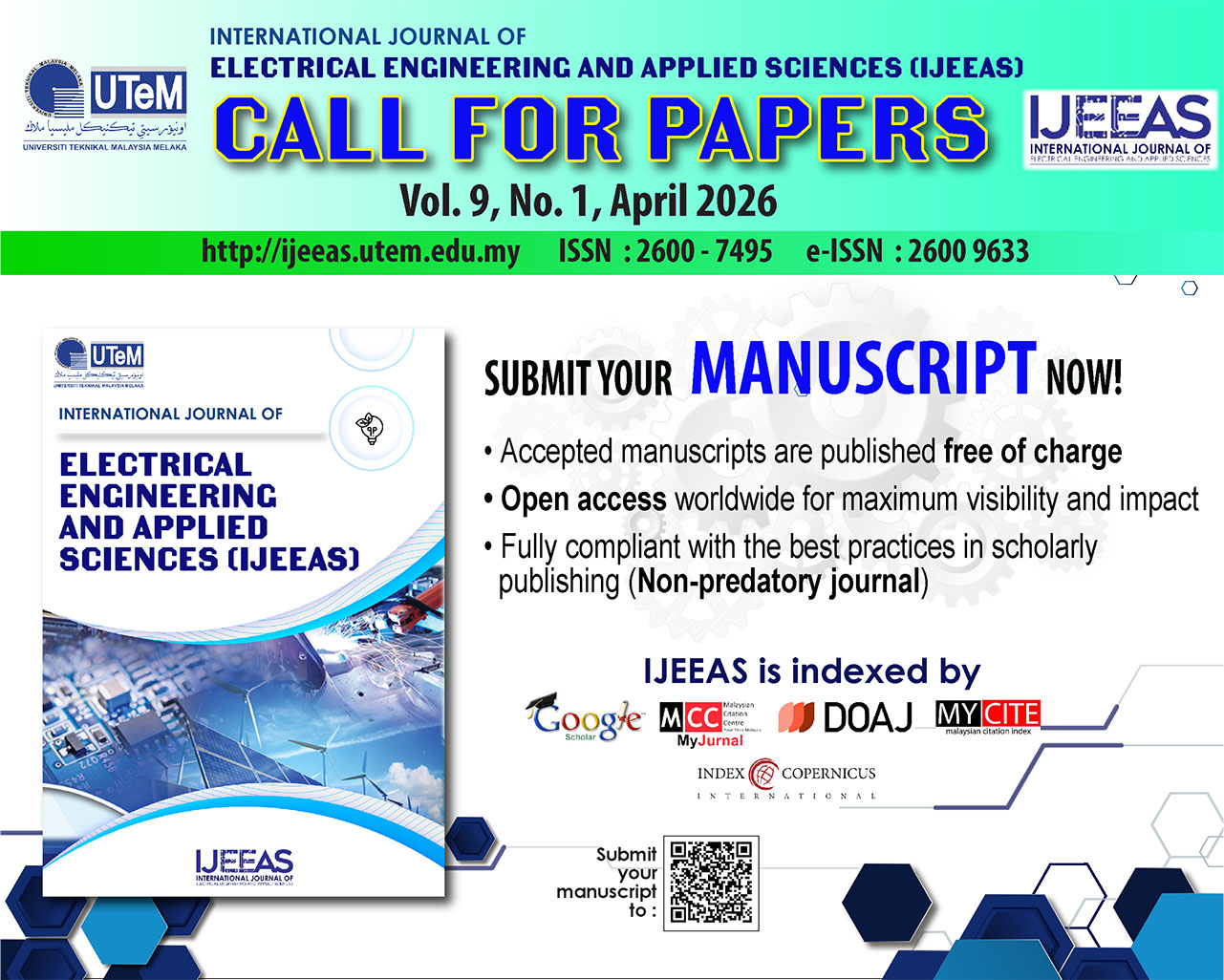Enhanced Adaptive Simulated Based Artificial Gorilla Troop Optimizer for Global Optimisation
DOI:
https://doi.org/10.54554/ijeeas.2023.6.02.008Abstract
The enhancement of metaheuristic algorithms has been considered an important step in improving the solution quality of systems. In this paper, a modification to the traditional Gorilla Troop optimizer is proposed. The modification leverages the powerful properties of circle chaotic mapping and step adaptive simulation. The conventional algorithm, while effective in certain scenarios, exhibits limitations in handling complex and dynamically changing data sets. To address these shortcomings, a three-fold approach is proposed to enhance its performance. A circle chaotic mapping is integrated into the algorithm's initialization phase to enhance its sensitivity to initial conditions. The chaotic mapping effectively diversifies the search space, facilitating improved exploration and convergence to optimal solutions. Secondly, a step adaptive simulation is introduced as a means to dynamically adjust the simulation steps during runtime. Finally, the concept of adaptive simulation based on the state of the silverback gorilla (best solution) in the troop is used to simulate the exploitation phase to help the ASGTO overcome local optima entrapment and produce better solutions. The performance of the proposed ASGTO was assessed on twenty-two benchmark optimization functions and compared with the standard GTO, grey wolf optimizer (GWO), and whale optimization algorithm (WOA). The results showed that the proposed ASGTO outperformed the standard GTO, GWO, and WOA. ASGTO, GTO, GWO, and WOA attained global optimum values for 82%, 77%, 55%, and 59% of the 22 benchmark functions respectively. Consequently, the modified algorithm exhibits robustness and adaptability, making it applicable across various domains. The ASGTO is therefore recommended for adoption in solving optimization problems.
Downloads
Downloads
Published
How to Cite
Issue
Section
License
Authors who publish with this journal agree to the following terms:
- Authors retain copyright and grant the journal right of first publication with the work simultaneously licensed under a Creative Commons Attribution License that allows others to share the work with an acknowledgement of the work's authorship and initial publication in this journal.
- Authors are able to enter into separate, additional contractual arrangements for the non-exclusive distribution of the journal's published version of the work (e.g., post it to an institutional repository or publish it in a book), with an acknowledgement of its initial publication in this journal.
- Authors are permitted and encouraged to post their work online (e.g., in institutional repositories or on their website) prior to and during the submission process, as it can lead to productive exchanges, as well as earlier and greater citation of published work (See The Effect of Open Access).







